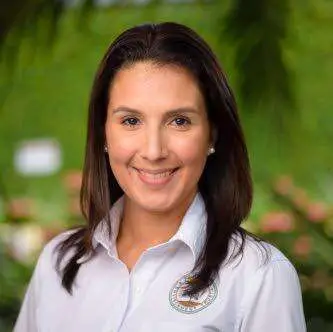
Do not delay the Styrofoam ban!
The Jamaica Environment Trust (JET) is adding its voice to those calling on the Cabinet to dismiss appeals for the delay of the January 1, 2020 ban on Styrofoam. JET believes that the scheduled implementation of the ban on Styrofoam is a progressive move by the Government towards improved solid waste management policy and regulation, which should be adhered to and strongly enforced.
JET is also calling on the Government to move swiftly in ramping up its public education on the ban to ensure that Jamaicans are prepared for the impending changes in Styrofoam availability, and are knowledgeable of the alternatives.
Despite the ban on imported Styrofoam being implemented in January this year, it has still featured prominently in the top 10 items collected on International Coastal Cleanup Day in September. Our preliminary results rank foam pieces as number three in the list of items collected in 2019, and foam cups and plates come in at number nine.
Styrofoam poses a particular challenge to solid waste management in Jamaica. It is currently in abundant supply, it is not recyclable, it is not biodegradable, and it typically breaks into small pieces once it is thrown away, making it extremely difficult to clean up when it has been carelessly discarded in our environment. This ban is long overdue!
Jamaica’s ban on single-use plastic tackles solid waste pollution at its source — removing several types of non-biodegradable packaging from the market and the country’s waste stream. The ban was initially proposed by Senator Matthew Samuda in 2016 and was officially announced in September 2018 by minister without portfolio in the Ministry of Economic Growth and Job Creation Daryl Vaz.
In 2019 the first phase of the ban came into effect in Jamaica with plastic bags measuring less than 24” x 24” (both imported and locally manufactured), plastic straws (both imported and locally manufactured) and imported Styrofoam food and beverage containers were banned effective January 1. Local manufacturers of Styrofoam packaging were given an additional year to transition away from their production of the material.
JET has already observed several restaurant operators in the Corporate Area take a proactive approach to the impending ban by replacing Styrofoam take-out lunch boxes with the alternative biodegradable options. JET recommends that more Jamaican restaurants and cookshops encourage the use of reusable lunch containers by their customers, which will further reduce the amount of garbage produced by their operations.
It is critical that wide-scale public education on the Styrofoam ban begin immediately to avoid the kind of public confusion and resistance that we saw with the scandal bag ban earlier this year. It should also go without saying that enforcement of these bans by the relevant authorities is also critical for compliance and public uptake and to ensure they are effective.
Suzanne Stanley is CEO of Jamaica Environment Trust. Send comments to the Observer or sstanley.jet@gmail.com

























